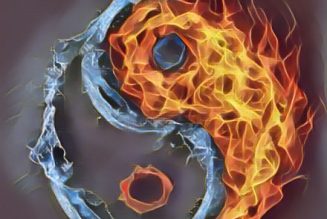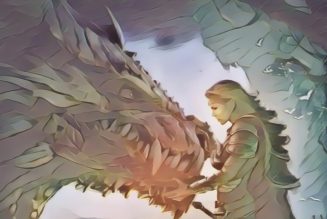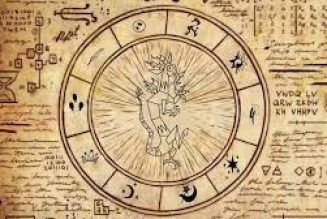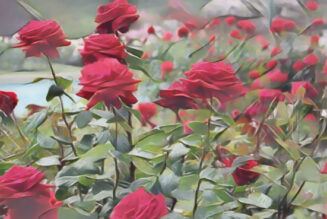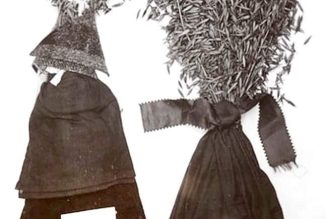Sometimes that is difficult to define. Modern Paganism probably embraces the most diverse sets of spiritual belief systems and practices in existence today. Paganism is not a traditional “religion” because it does not have any official doctrine. It does, however, have some common characteristics spanning a great variety of traditions. One of the common beliefs is the Divine Presence in nature and the reverence of the natural order in life. Spiritual growth results from observing the cycles of the Earth, the cycles of each season.
Paganism has probably been around in one form or another since the Stone Age. But the word itself derives from the old Latin term paganus, which means “country dweller.” Peasants and commoners were usually the last to convert to Christianity, so when Christianity became the dominant religion of Western Europe, people who still practiced the old religions were commonly referred to as Pagans. And that is where Paganism finds its deepest roots, as those who lived in non-urban areas were more in touch with Mother Earth. Most Pagans feel a deep connection with all things in Nature, and most eschew going into a specific building for worship. They find a closer connection to the Divine in natural settings such as oak groves or by rivers.
Unfortunately, some more restrictive modern religions consider Pagans to be non-believers, or they erroneously think that Pagans worship trees instead of God. The perception is that if you are not following that same “one true path” as defined by that other religion, then you are surely doomed for eternity because you are obviously being led astray by Satan. Well, being Pagan doesn’t necessarily mean that you don’t believe in a divine being , whatever you chose to call Him, Her or It, but rather that you revere the divine energy that is held within every rock, every river, every tree in the forest, every animal, and every other Human, because all these things were made by the Creator.
Modern Paganism rarely conforms to one model, and thus results the great diversity. Many Pagans believe in Reincarnation, but some don’t. Druids are Pagans. Practitioners of Wicca usually consider themselves to be Pagan. You also get followers of belief systems based in Native American spirituality that can be categorized as Pagans as well. Some ecologists call themselves Pagan. Some Pagan practices have their roots in ancient Celtic, Norse, or Egyptian beliefs, and those rituals are being revived today. Some Pagans celebrate certain festivals such as the Solstices and the Equinoxes, and still other Pagans don’t follow any particular practices or rituals at all. Some Pagans believe in a Supreme Being while others are polytheistic, honoring various different gods or goddesses for different aspects of the natural world.
Modern Pagans are people who have made a conscious choice to follow a path of individual spiritual growth that is in harmony with the Earth that gives us life, a path which also encourages social and environmental responsibility. Each individual has the right to worship in their own way. Pagans believe in the sacredness of all things, revering and respecting all life. There really is not one “right way” to be a Pagan; all the ways are the right way.













